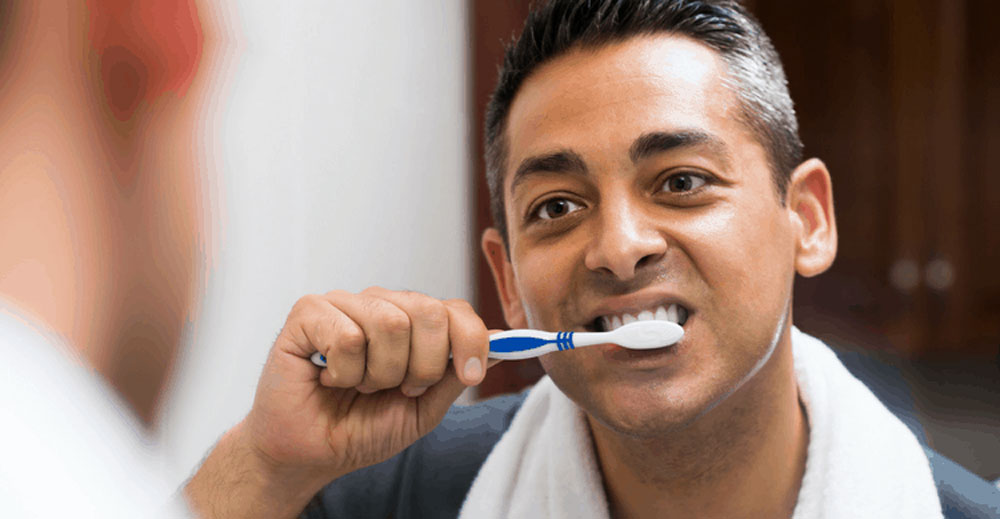The Sounds of a Healthy Beam: Importance of Dental Care
A radiant smile is more than just a pleasing aspect; it is a vital aspect of overall well-being that commonly goes unnoticed. The sounds linked to a good smile—giggles, discussion, and joy—demonstrate not only contentment but also a feeling of confidence and health. Caring for your oral health is crucial to maintaining that smile, as it affects not just your mouth but your overall body.
Neglecting oral hygiene can lead to cavities, gum disease, and even more severe health problems. Regular tooth brushing, flossing, and dental check-ups are not only healthy practices; they are essential practices for maintaining your teeth and gums remain healthy. When you prioritize your oral health, you are investing in your overall quality of life, boosting your capability to enjoy food, speak clearly, and engage socially with confidence. The significance of a radiant smile extends far above aesthetics, affecting both physical health and emotional well-being.
Advantages of Good Oral Health
Good oral health is vital for total well-being, contributing not just to a beautiful smile but also to enhanced physical health. When we take care of our teeth and gums, we reduce the risk of dental diseases such as cavities and gum disease. These conditions can lead to pain, tooth loss, and expensive treatments, which can significantly impact our quality of life. By performing proper oral hygiene, such as routine brushing and flossing, we create a strong foundation for our dental health.
Moreover, maintaining excellent oral health plays a crucial role in our social interactions. A bright smile increases self-esteem and confidence, thereby making us more comfortable in social situations. Our smiles are often one of the initial things people notice, and a bright, healthy smile can leave a favorable impression. Conversely, poor oral health can result to bad breath, noticeable decay, and other issues that might inhibit social engagement and create feelings of self-consciousness.
Furthermore, emerging research indicates a link between oral health and systemic health. Conditions such as heart disease, diabetes, and respiratory infections have been associated with poor oral hygiene. By maintaining our teeth and gums, we might decrease our risk of these serious health issues. Therefore, spending time in oral health care is not just about maintaining a good appearance; it is an integral aspect of safeguarding our overall health and improving our quality of life.
Frequent Oral Health Issues
One of the most common oral health issues is cavities . This occurs when bacteria in the mouth produce acid that wear away the enamel, leading to holes in the teeth. Inadequate dental care, a diet high in sugars, and lack of routine dental visits can significantly increase the risk of tooth decay. If left untreated , it can lead to grave problems, including discomfort and tooth loss.

Gum disease is another major issue that impacts many individuals. It starts with gingivitis , characterized by inflammation and bleeding of the gums. If not addressed , it can progress to periodontitis , where the supporting tissues of the teeth are damaged , potentially resulting in tooth loss. Factors such as tobacco use, hormonal changes , and certain health conditions can exacerbate gum health, making regular dental check-ups vital for maintaining health.
Bad breath , is often associated with inadequate dental care and can be distressing for those affected. citydent can result from remnants of food, gum disease, or dry mouth . Maintaining satisfactory oral care routines, including teeth brushing, using dental floss, and dental check-ups, is essential for combating bad breath and ensuring overall oral health. Recognizing and addressing these common issues can lead to a better and enhanced smile.
Tips and Tricks for Keeping Oral Hygiene
To maintain optimal oral health, it is important to establish a daily routine that features brushing your teeth at least twice a day. Use a fluoride toothpaste and a sensitive brush to effectively remove plaque and prevent cavities. Remember to brush for at least two minutes, covering all surfaces of your teeth, including the fronts, backs, and chewing surfaces. Don’t forget to brush your tongue as well to get rid of bacteria and freshen your breath.
Using dental floss is another important element of oral hygiene that should not be neglected. It helps remove food particles and plaque that a toothbrush may miss, especially between teeth and along the gumline. Aim to floss at least once a day, ideally before bedtime. Incorporating mouthwash into your routine can also be helpful, as it provides an additional layer of protection against plaque and gingivitis while assisting to freshen your breath.
Regular dental visits are essential for maintaining good oral health. Schedule check-ups and professional cleanings at a minimum of twice a year, or as advised by your dentist. Such appointments provide an opportunity for early detection of potential issues and allow for professional cleaning that cannot be obtained through at-home care alone. Being proactive about your oral health will contribute greatly to your overall well-being and help keep your smile bright.